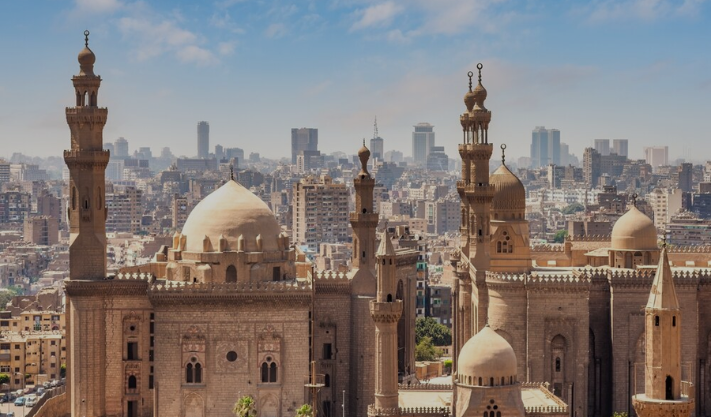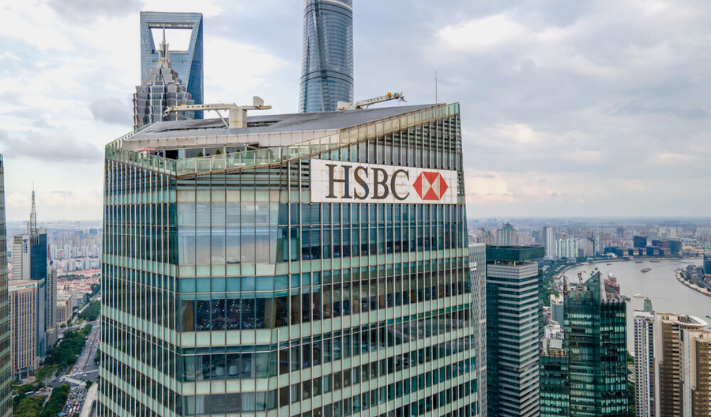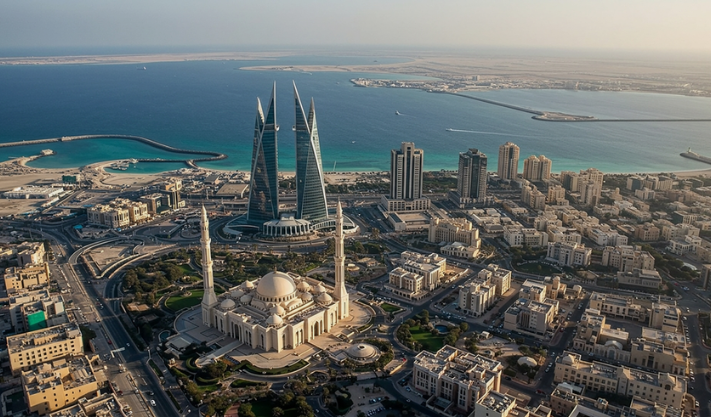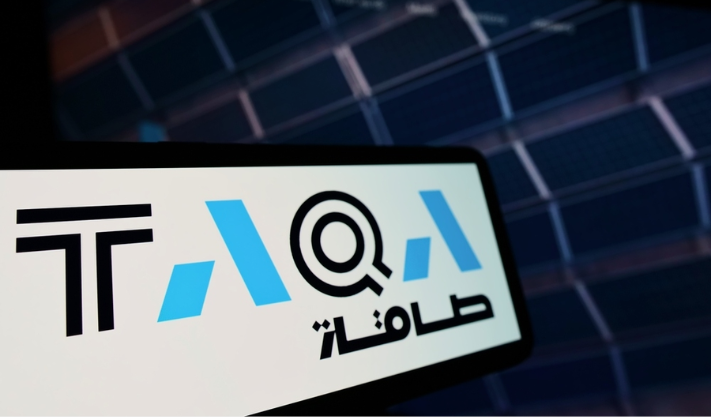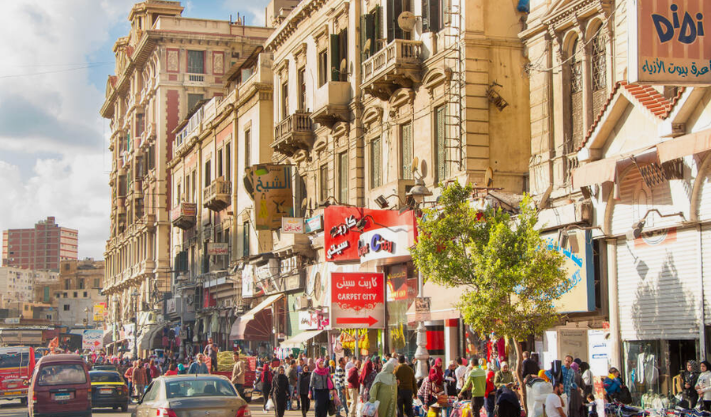IMF Raises Concerns Over Egypt’s $8B Loan Program
The International Monetary Fund (IMF) said on Tuesday that Egypt has made some progress in its economic reforms under an $8 billion loan program. However, the IMF pointed out that companies owned by the state and military still control large parts of the economy, which slows down real change.
Mixed Results in Reforms
Egypt has kept its economy stable, despite regional conflicts and lower income from the Suez Canal. But the IMF said changes to fix deeper problems in the economy have been uneven.
The country still depends too much on government-led projects and state-run businesses. These companies get special treatment, like tax breaks, cheap labor, and easy access to land. But they are not very open about their finances.
The IMF warned that this setup makes Egypt more vulnerable to global economic problems, climate risks, and political tensions. It also adds to the large informal (unregulated) part of the economy.
New Funding Approved
In its latest review, the IMF agreed to give Egypt another $1.2 billion, bringing the total support so far to $3.2 billion. It also approved a separate $1.3 billion loan to help Egypt deal with climate and economic risks.
The IMF said Egypt needs to do more to grow the economy in a healthy way. This includes collecting more taxes, speeding up privatization, improving how businesses are run, and making the system more transparent.
Debt and Challenges
The IMF noted that Egypt has suffered from outside shocks, such as the war in Sudan and trouble with trade in the Red Sea, which reduced Suez Canal income by $6 billion last year.
It expects Egypt’s debt to rise to $202 billion by 2029/30, up from $162.7 billion in 2024/25. The IMF warned of a high risk from this debt and advised Egypt to cut wasteful spending and make state companies more accountable.
Next Steps
Finance Minister Ahmed Kouchouk said Egypt hopes to finish the next steps of the loan program by September or October. He said the country is on track with its targets and is planning to sell three to four state-owned companies this year as part of ongoing reforms.
Economic Update
Egypt’s economic growth slowed to 2.4% in the 2023–24 financial year, but picked up to 3.5% in the first quarter of 2024–25. Inflation has gone down since its peak in September 2023. While the current account deficit grew to 5.4% of GDP, the government’s tighter budget helped improve the primary balance to 2.5%.
Published: 18th July 2025
For more article like this please follow our social media Facebook, Linkedin & Instagram
Also Read:
Masdar Sells Sharjah Waste-to-Energy Stake to Tadweer
UAE Unveils 2027–2029 Budget Focused on AI, Sustainability
Iraq’s NOC, HKN Sign Deal to Raise Himreen Oil Output
